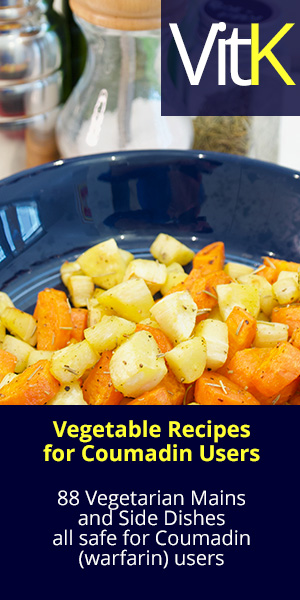
Are snacks good for you?
There is good research about snacking, and it seems most of us are one of two types. We are either sweet-snackers or salty/savory-snackers. About 10% of us are both and those who are like things that are both sweet and salty/savory at the same time (like kettle corn). Knowing which type of snacker you are can help you choose great quality snacks and also help you manage your weight by making sure you have snacks on hand that will be satisfying.
Research shows that those who are fruit lovers eat sweet snacks more often and those who are veggie lovers will choose salty or savory snacks. Knowing this lets you choose healthier options so you can keep your cupboard full of better choices that will satisfy you (Appetite 2006;47:107-110).
Popcorn is a good choice because it is a whole grain. It makes a great snack and you'll find 100 calorie bags of microwave popcorn on the market. These are filling, satisfying, have a lot of fiber, and an OK choice for salty/savory snackers. You don't have to spend all that money, however. You can simply purchase plain popcorn, put it in a lunch-sized brown paper bag, and microwave for about a minute and ten seconds and you have popcorn.
Nuts are a great choice if you are a salty/savory snacker. They're filling, stay with you, and are full of great monounsaturated fats. There are studies to show that eating nuts instead of carbohydrate-heavy snacks like Cheetos doesn't result in weight gain. This is true even when folks eat more calories by eating nuts (Am J Clin Nutr 2013;97:1346-55). We also know that eating nuts can help improve cholesterol profiles (Arch Intern Med 2010;170(9):821-827), and that pistachios actually have a tremendous impact, improving HDL (good) cholesterol levels by as much as 25%. (Nutr Met & Card Dis 2006(3)16:202-209) Keep almonds, peanuts, walnuts, pecans, and other nuts on hand for your snacks.
In another study, those eating peanuts as a snack (not actually nuts but a legume) ate fewer calories during dinner. Not by a little, but by up to 200 calories less. (doi:10.1155/2011/928352) The same approach is supported in other research looking at sweet snackers. In research comparing fruit and jelly beans, those eating berries consumed 20% fewer calories at their dinner meal than they did if they had the jelly beans (Appetite 2015,95:132-137).
What about sweet snackers? Patients will often say, "I am addicted to chocolate." For most people the chocolate they are eating is not satisfying and they eat chocolate impulsively. The secret is to keep small portions of really great quality chocolate in your cupboard. It's also clear that sweet snackers are just as satisfied eating fruit as they are chocolate. In one study, women were asked to eat an apple, a piece of chocolate or nothing. They were given random instructions about when to eat their snack and then asked to record their mood afterwards. (Appetite 2006;46:332-336)
Their mood in the first minutes after their snack was essentially the same no matter what they ate. They were equally satisfied with the apple and chocolate (chocolate did have a slight edge). The moods they recorded were much different, however. After 90 minutes the women felt much guiltier for eating the chocolate than the apple. Interestingly, the apple resulted in the same feelings of guilt as eating nothing (which is to say, no feelings of guilt).
If you are a sweet snacker, keep your fridge full of fruit: apples, oranges, pears, grapes. Dried fruit is a great choice as well, and having raisins, apricots, etc. in your cupboard makes sense. This doesn't mean that you need to schedule every one of your snacks, but having the right snack available helps you keep from eating things that you might want to avoid. Snacking is important. You need to have something when you're hungry and having the right snack on hand makes this work for you.
Eating Healthy: the Basics
The How and Why of healthy eating. Everything from why you should eat breakfast to whether red meat or coffee is bad or good for you, all in straightforward terms.



